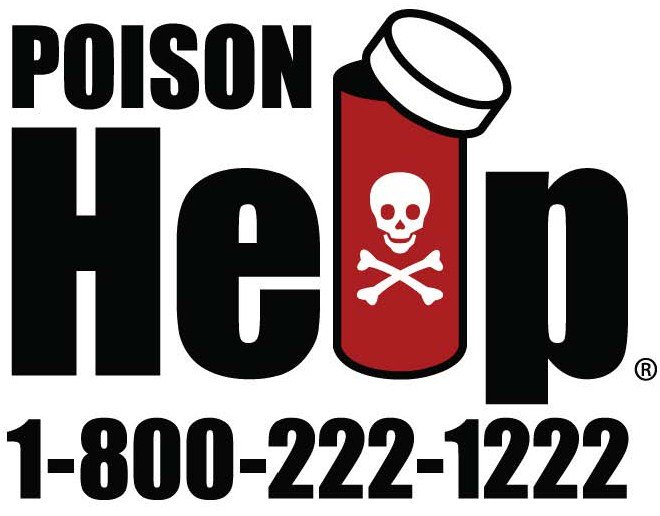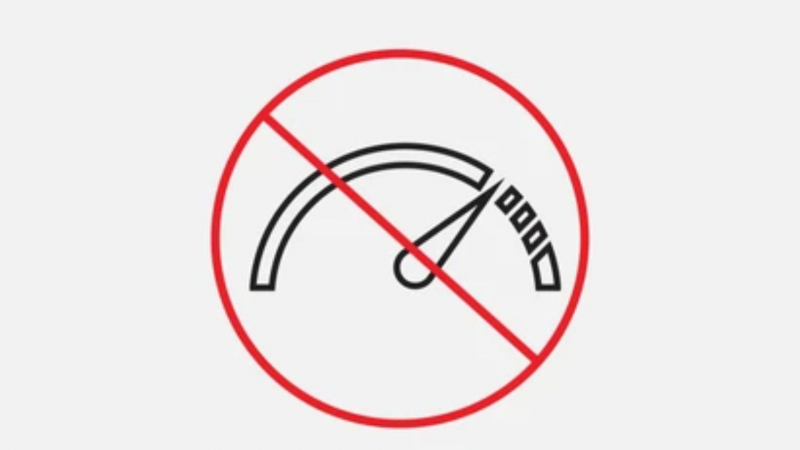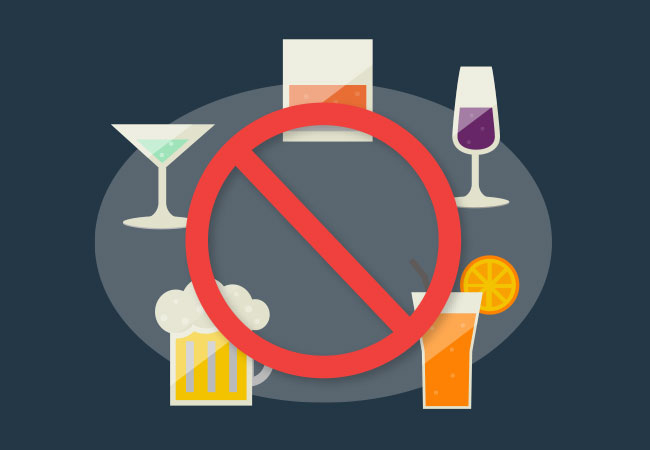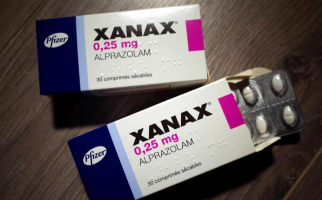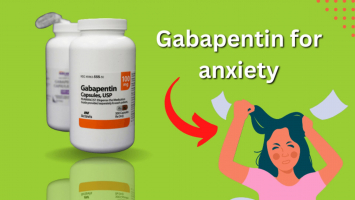Top 10 Things to Know About Belsomra
Belsomra is indicated for the treatment of insomnia, difficulty falling asleep, poor sleep, etc. However, when using Belsomra patients need to know information ... read more...about the drug and follow the instructions of the treating doctor to ensure safety. Belsomra should not be used in case of narcolepsy. In this article, Toplist is going to provide you with fundamental information about Belsomra. Generic name: suvorexant [ SOO-voe-REX-ant ]. Drug class: Miscellaneous anxiolytics, sedatives, and hypnotics
-
Belsomra is a sleep medicine that helps regulate your sleep and wake cycle. Belsomra is used to treat insomnia (trouble falling asleep or staying asleep). Belsomra may also be used for purposes not listed in this medication guide.
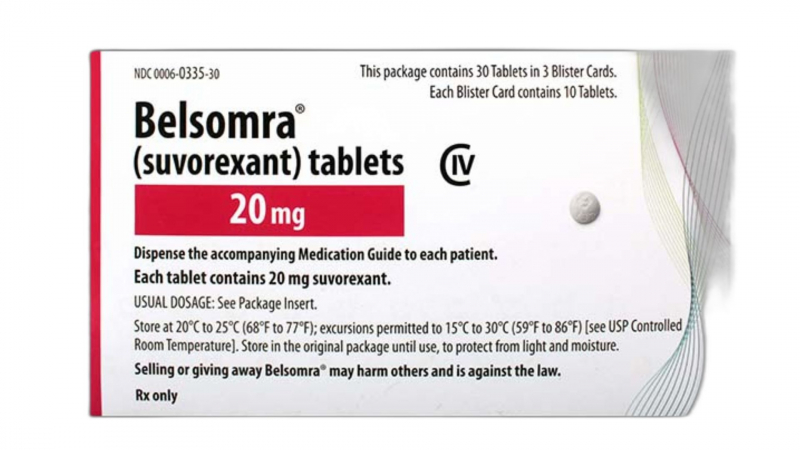
GoodRx 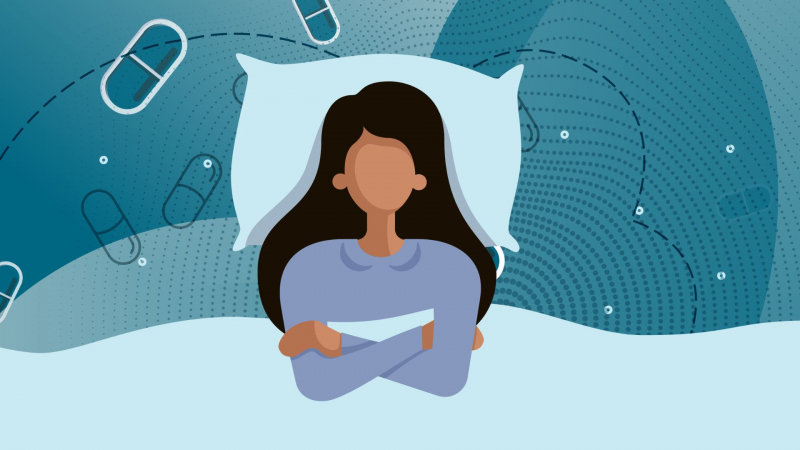
Everyday Health -
Do not exceed the amount of Belsomra prescribed by your doctor. If you have narcolepsy, you should not take Belsomra.
Take Belsomra 30 minutes before going to bed. Never take this medication if you do not have at least 7 hours of sleep before getting back to work.
Some people who used this medication engaged in activity while not fully awake and later had no recollection of it. If this happens to you, contact your doctor immediately.
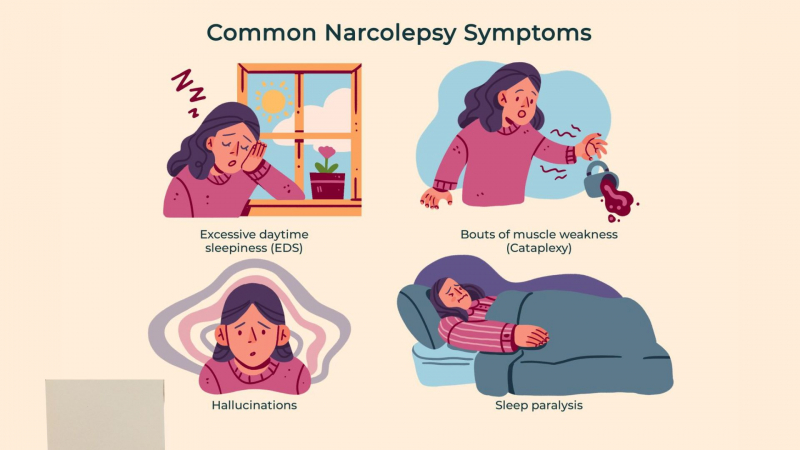
Verywell Health 
Healthgrades -
If you are allergic to suvorexant or have narcolepsy, you should not take Belsomra.
To ensure that this medication is safe for you, inform your doctor if you have ever had:
- depression, mental illness, or thoughts about suicide;
- drug or alcohol abuse or addiction;
- breathing problems, sleep apnea (breathing stops during sleep);
- liver disease;
- sudden muscle weakness;
- excessive sleepiness during normal waking hours; or
- if you have ever fallen asleep at unexpected times.
Belsomra is not intended for use by anyone under the age of 18.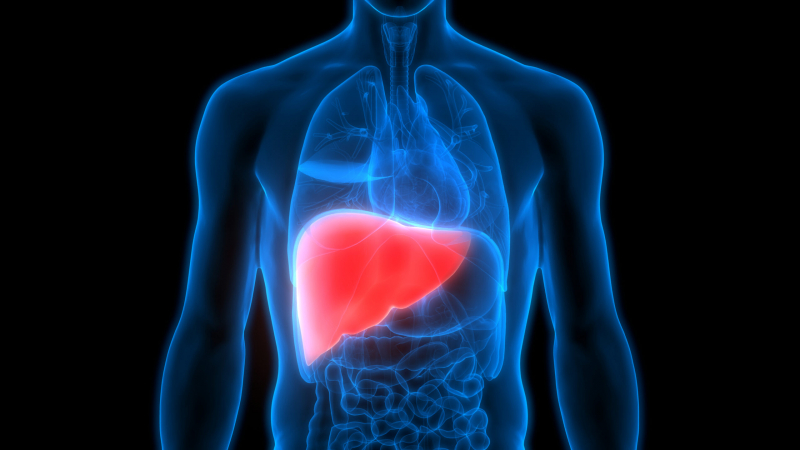
Centenary Institute 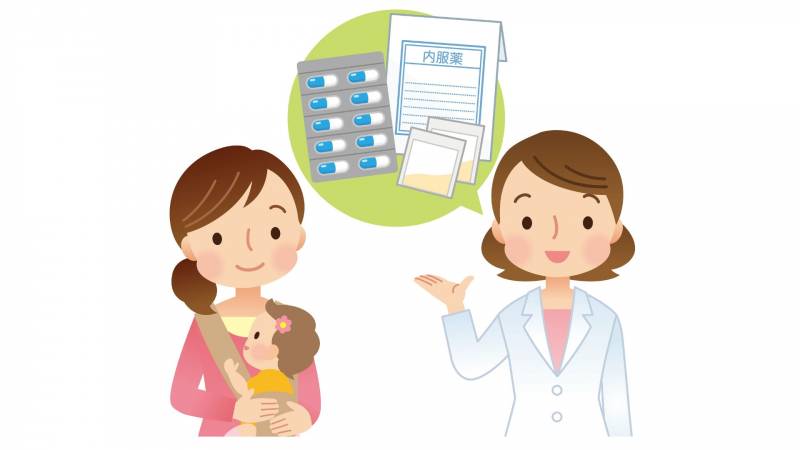
The Pregistry -
Belsomra should be taken exactly as directed by your doctor. Read all medication guides and follow the directions on your prescription label. Never take this medication in larger amounts or for longer than recommended. Inform your doctor if you have an increased desire to use this medication.
Belsomra may become addictive. Misuse can lead to addiction, overdoes, and death. Keep the medication in a location where others cannot access it. It is illegal to sell or distribute this medication.
Belsomra should be taken only once per night, 30 minutes before bedtime. Belsomra can be taken with or without food. If you take the medicine soon after eating a meal, it may take longer to work.
Belsomra will put you to sleep. Never take this medication if you do not have at least 7 hours of sleep before getting back to work.
While falling asleep, you may have difficulty speaking or moving. When you wake up, it may take you longer to speak or move around. For several minutes after waking up, you may feel as if you are still dreaming.
If your insomnia symptoms do not improve or worsen after using Belsomra for 7 to 10 nights in a row, contact your doctor.
Store away from moisture, heat, and light at room temperature. Keep a record of your medications. You should be aware if someone is abusing it or using it without a prescription.

CHOICE 
Taken Belsomra only once per night, 30 minutes before bedtime - MyDr.com.au -
Usual Adult Dose for Insomnia:
10 mg orally once a day at bedtime
Maximum dose: 20 mg once a day
Comments:
- Take within 30 minutes of going to bed, with at least 7 hours remaining before the planned time of awakening.
- If 10 mg is well-tolerated but not effective, the dose can be increased.
- Time to effect may be delayed if taken with or soon after a meal.
Use: Insomnia characterized by difficulties with sleep onset and/or sleep maintenance.
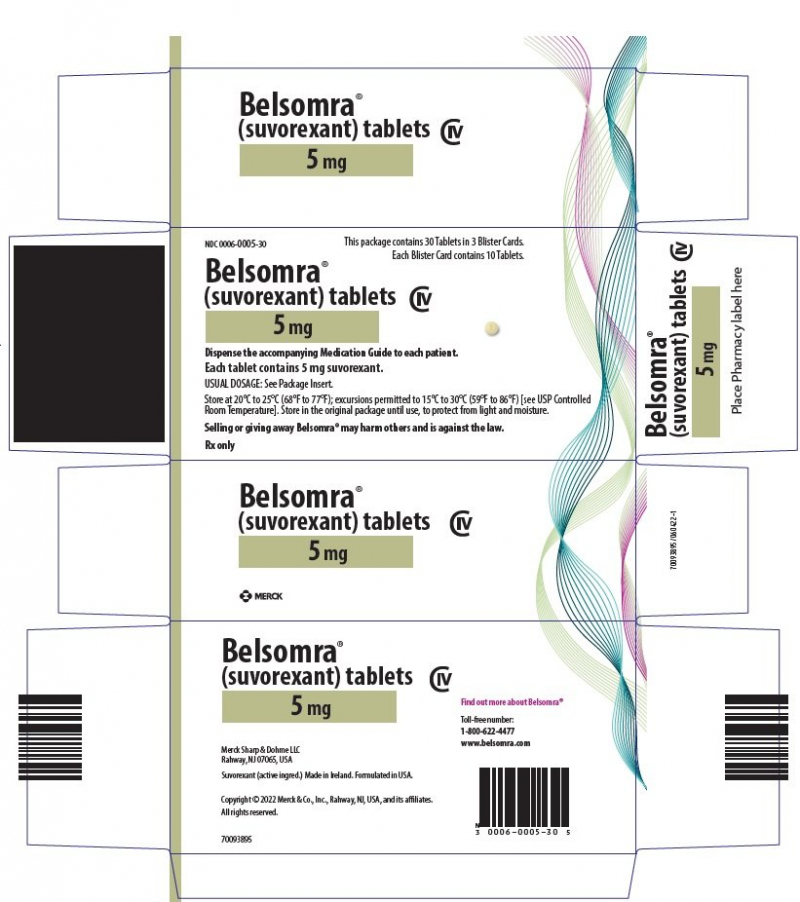
Drugs.com 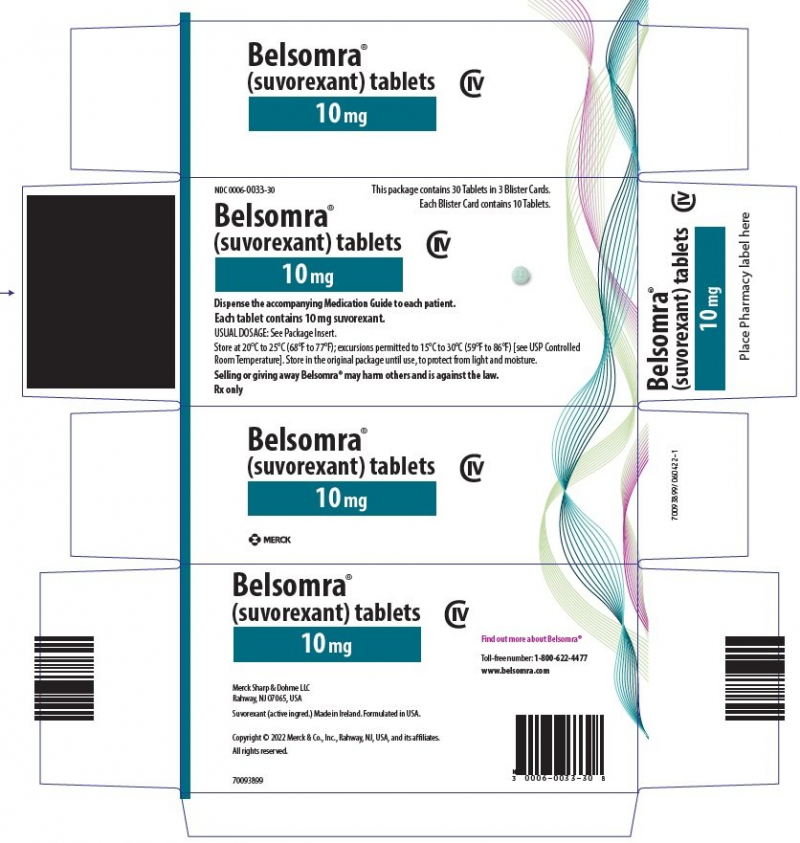
Drugs.com -
If you have hives, difficulty breathing, or swelling of your face, lips, tongue, or throat as a result of an allergic reaction to Belsomra, seek emergency medical attention.
Some people who used this medication engaged in activity while not fully awake and later had no recollection of it. This could include going for a walk, driving, eating, having sex, or making phone calls. If this happens to you, contact your doctor immediately.
If you have any of the following symptoms, contact your doctor right away:
- trouble moving or talking when you first wake up;
- a weak feeling in your legs;
- unusual thoughts or behavior;
- anxiety, agitation, depression;
- memory problems;
- confusion, hallucinations; or
- thoughts about hurting yourself.
If you are overweight, you are more likely to experience side effects. The following are common Belsomra side effects:
- strange dreams; or
- drowsiness during the day after taking this medicine.
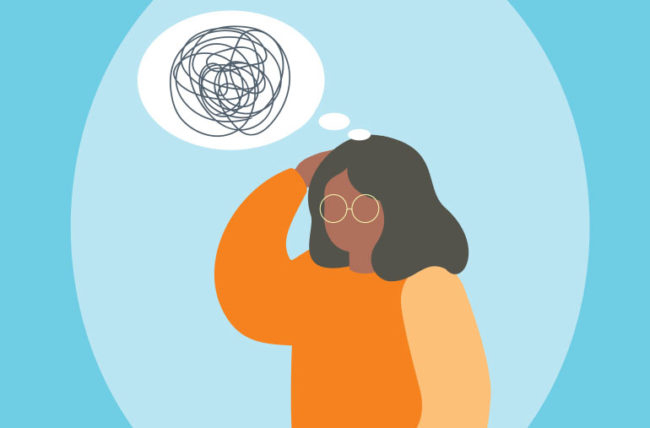
Cleveland Clinic 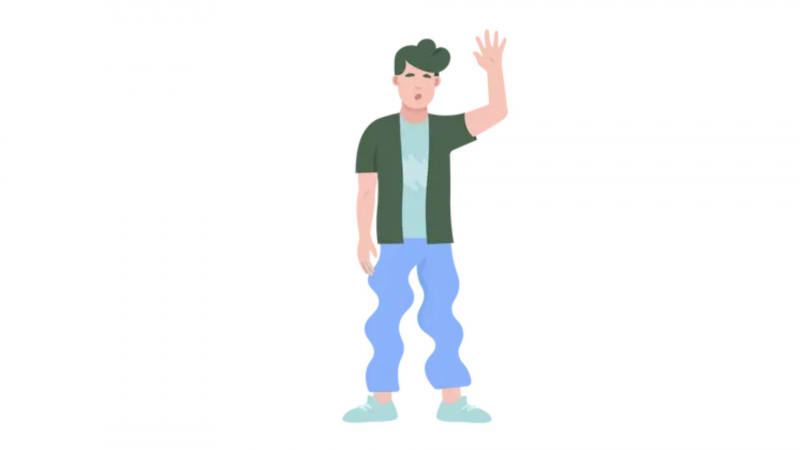
Buoy Health -
When combined with other drowsy drugs, Belsomra can exacerbate this effect. Before taking an opioid, sleeping pill, muscle relaxer, or medication for anxiety or seizures, consult your doctor.
It is not always safe to take multiple medications at the same time. Some drugs can affect the blood levels of other medications you are taking, potentially increasing side effects or making the medications less effective.
Suvorexant may interact with other medications, including prescription and over-the-counter medications, vitamins, and herbal supplements. Inform your doctor about all of your current medications as well as any new or discontinued medications.

vinmec 
brio.news Brio














